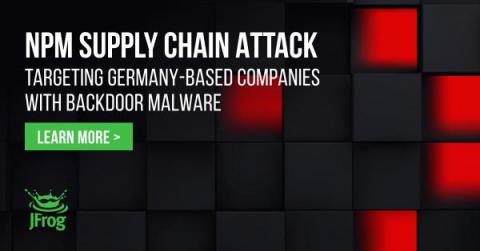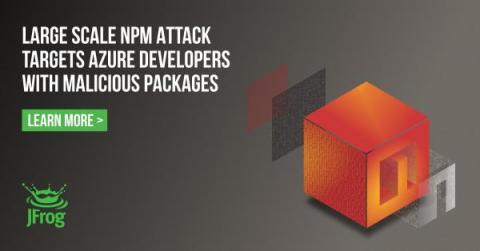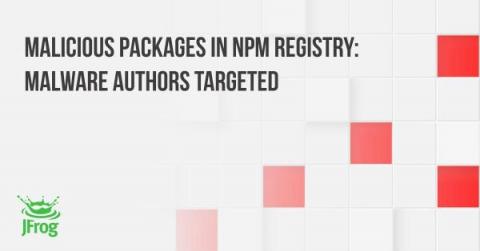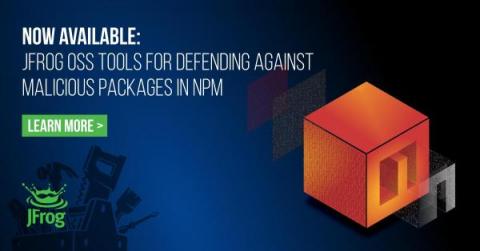npm supply chain attack targets Germany-based companies with dangerous backdoor malware
The JFrog Security research team constantly monitors the npm and PyPI ecosystems for malicious packages that may lead to widespread software supply chain attacks. Last month, we shared a widespread npm attack that targeted users of Azure npm packages. Over the past three weeks, our automated scanners have detected several malicious packages in the npm registry, all using the same payload.











